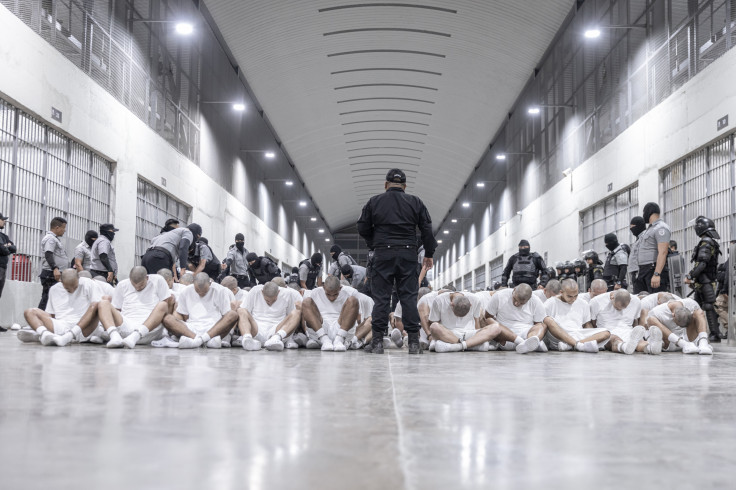
Attorneys are raising alarms around the fact that U.S. immigration courts are dismissing the cases of Venezuelan migrants deported to El Salvador under the Alien Enemies Act, effectively denying them due process.
ABC News gathered several cases including that of Henrry Albornoz Quintero, detained in Dallas in January after a routine ICE check-in, who was sent in March to El Salvador's CECOT prison.
His legal team continued attending his hearings; however, his case was dismissed "due to a lack of jurisdiction," said his attorney, John Dutton to ABC News. "Henrry is not here because the president shipped him out of the country," Dutton added. "What's an immigration judge going to do to stop that?"
Similarly, Frizgeralth de Jesús Cornejo Pulgar, a 26-year-old asylum seeker, had his Houston case terminated last Friday, as Mother Jones reported on Monday, with Judge Jason L. Stern ruling that the court lacked jurisdiction now that Cornejo Pulgar is "stuck in El Salvador." His attorney, Joseph Giardina, noted, "If the case is still alive, you can be like, 'Oh, his case is still pending with the court; it's still there—return him and let him pick up his case right where it is.'" Instead, his removal to CECOT led to outright dismissal.
Michelle Brane of Together and Free identified to ABC News that at least 15 such dismissals of CECOT detainees, including active asylum applicants:
"Dismissing as opposed to administratively closing is sort of making an assumption that these people will never come back. And I think that's premature and certainly based on the court decisions, so far, they should be brought back to receive some kind of due process"
To complicate things futhers, many deportees had no U.S. criminal history. A ProPublica investigation published last week found that of 238 Venezuelans sent to CECOT, only 32 had U.S. convictions—mostly nonviolent offenses—and only six violent convictions.
"The idea that the government can disappear you because of your tattoos, and never even give you a day in court, should send a chill down the spine of every American," said Lindsay Toczylowski of Immigrant Defenders Law Center to ABC News.
Plaintiffs like José Franco Caraballo Tiapa have appealed dismissals, arguing they were denied the opportunity to present asylum claims. "The dismissal results in what can be construed as a violation of due process, as he was not given the opportunity to be heard on his asylum claim," said his lawyer, Martin Rosenow.
© 2025 Latin Times. All rights reserved. Do not reproduce without permission.






